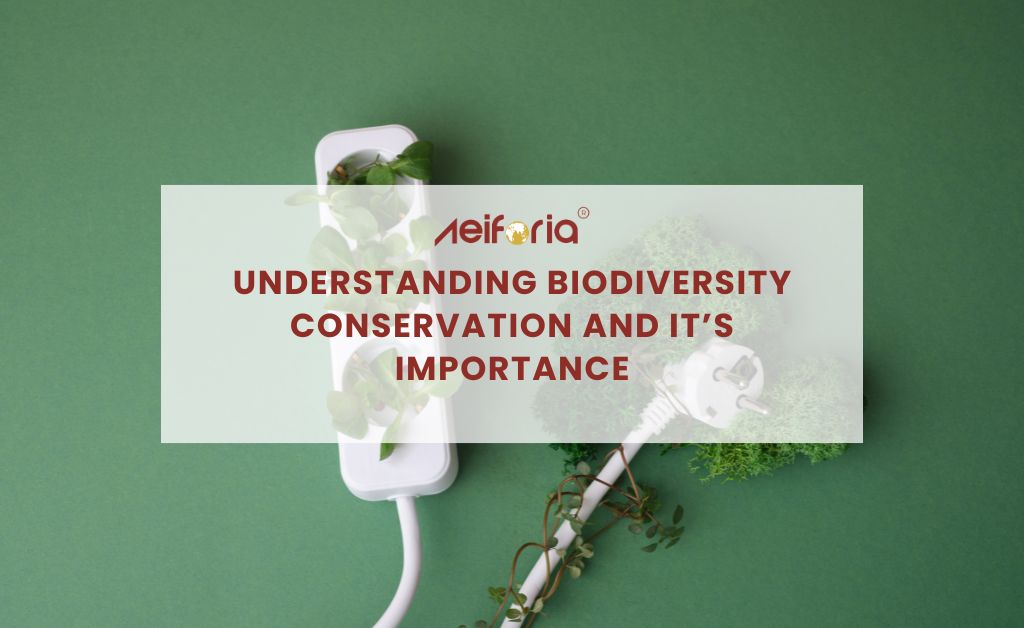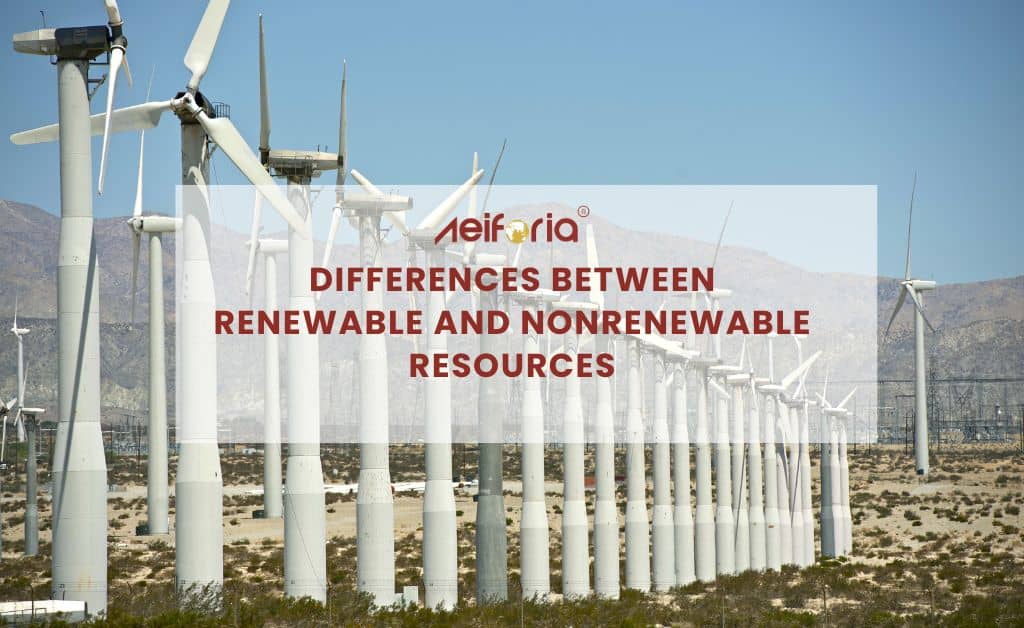
What is the Need for Conservation of Water Resources
Introduction
Water, the elixir of life, is an invaluable resource that sustains all life forms on our planet. Yet, despite its fundamental importance, the world's freshwater supply is under threat like never before. Today, we will explore the critical need for the conservation of water resources, delving into why water conservation is imperative for our planet's and future generations' well-being.
What is the Conservation of Water?
Water conservation refers to the responsible and sustainable management of freshwater resources to ensure their availability for current and future generations. It involves reducing water wastage, protecting water quality, and maintaining the ecological balance of aquatic ecosystems. Water conservation is essential to meet the growing global demand for this precious resource, mitigate the effects of water scarcity, and preserve the health of our environment.
Understanding the Water Crisis
The Depleting Freshwater Supply
Freshwater constitutes only a fraction of the Earth's water, with approximately 97.5% locked in the oceans and seas. The available fresh water is unevenly distributed across the globe. It is further dwindling due to over-extraction, pollution, and climate change. This depletion of freshwater resources poses a grave threat to both human and ecological systems.
Growing Population and Water Demand
The world's population is continuously increasing, with it, the water demand. This demand isn't limited to drinking water but extends to agriculture, industry, and energy production. The growing global population exacerbates the strain on available water resources, making conservation efforts all the more critical.
What is the need for the conservation of water resources
1. Ecological Balance
Water is the lifeblood of ecosystems. It supports wetlands, rivers, lakes, and the surrounding flora and fauna. Conserving water resources ensures the preservation of these ecosystems, which, in turn, contributes to biodiversity conservation. A balanced ecosystem provides valuable services like water purification and flood control, benefiting the environment and society.
2. Human Health
Access to clean and safe drinking water is an essential right of every human being. It is fundamental for good health and well-being and should be made available without discrimination. Waterborne diseases, often from contaminated water sources, are a significant global health concern. By conserving water and maintaining water quality, we can safeguard public health and reduce the prevalence of water-related illnesses.
3. Food Security
Freshwater is mainly used in agriculture. By 2050, with the world's population expected to reach 9 billion, there will be an increased demand for food. Water conservation practices, such as efficient irrigation techniques and crop selection, are vital for ensuring food security while minimizing water wastage.
4. Energy Production
Water is an integral component of energy production, particularly in hydropower and cooling systems for thermal power plants. Conserving water reduces the energy sector's water use and mitigates the environmental impact of energy generation while decreasing GHG emissions.
5. Economic Benefits
Water conservation isn't just about altruism; it makes economic sense. Businesses and industries implementing water-efficient practices can reduce operational costs, improve sustainability, and enhance their reputation, all while contributing to the global effort to conserve water resources.
Water Conservation Strategies - How Can We Conserve Water?
1. Reduce Consumption
Individuals can contribute to water conservation by reducing daily water usage by fixing leaks, using water-efficient appliances, and being mindful of water waste in everyday activities.
2. Sustainable Agriculture
Farmers can incorporate sustainable agricultural practices, such as precision irrigation and crop rotation, to minimize water usage and reduce the environmental impact of farming.
Also Read: 10 Benefits of Sustainable Development
3. Industrial Efficiency
Industries can invest in technologies that optimize water usage and minimize wastewater production. Recycling and reusing water within industrial processes can significantly reduce water consumption.
4. Government Policies
Governments play a pivotal role in water conservation by enacting and enforcing policies and Regulations that encourage responsible water usage and safeguard water resources.
Conclusion
The need for the conservation of water resources is clear and pressing. It is a matter of sustaining life on Earth, ensuring a healthy environment, and safeguarding future generations from the looming water crisis. By understanding the reasons behind the urgency for water conservation and implementing effective strategies, we can collectively work towards a more sustainable and water-secure future. Water is not just a resource; it is the foundation of life itself, and its preservation should be our shared responsibility.






